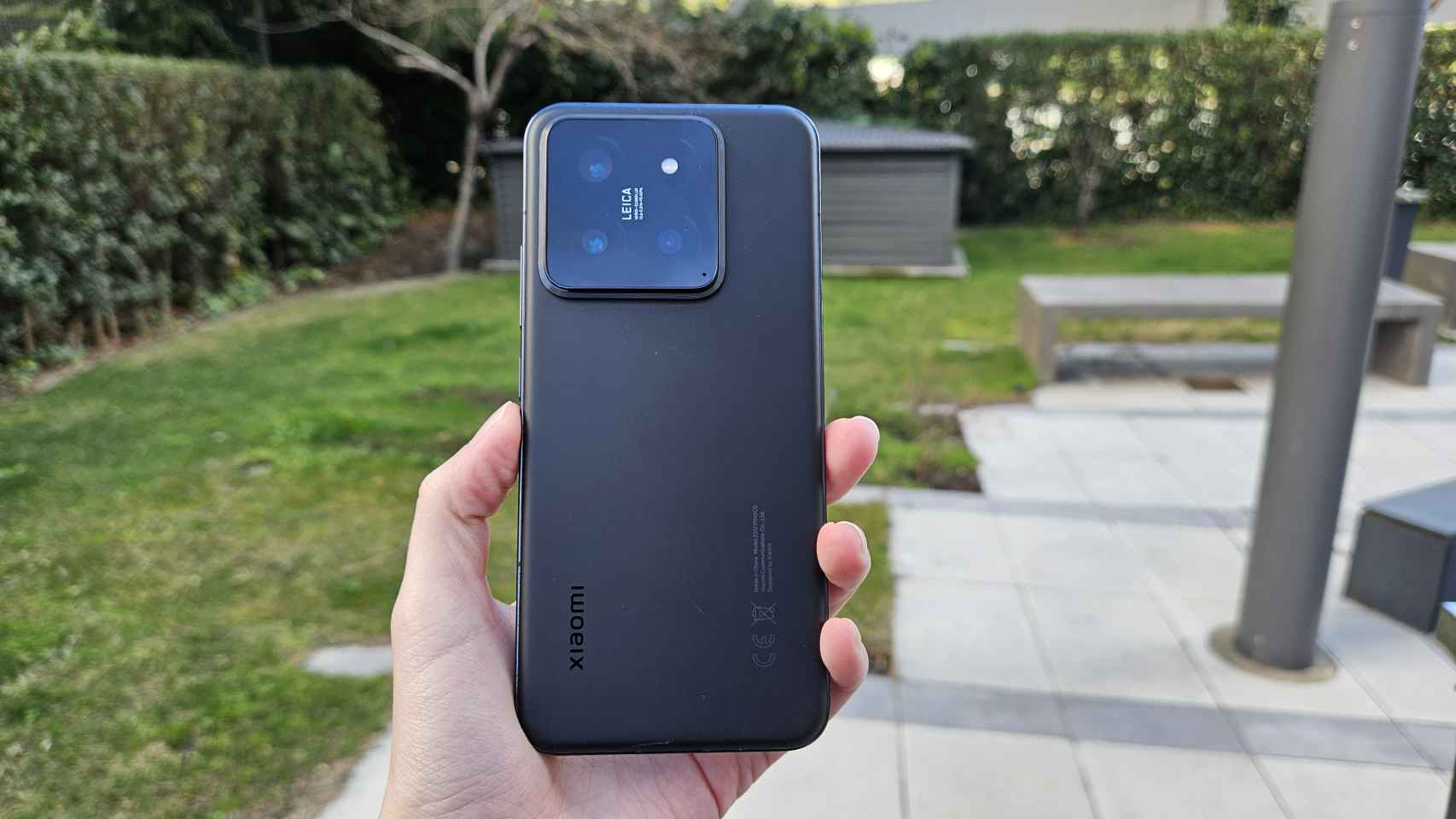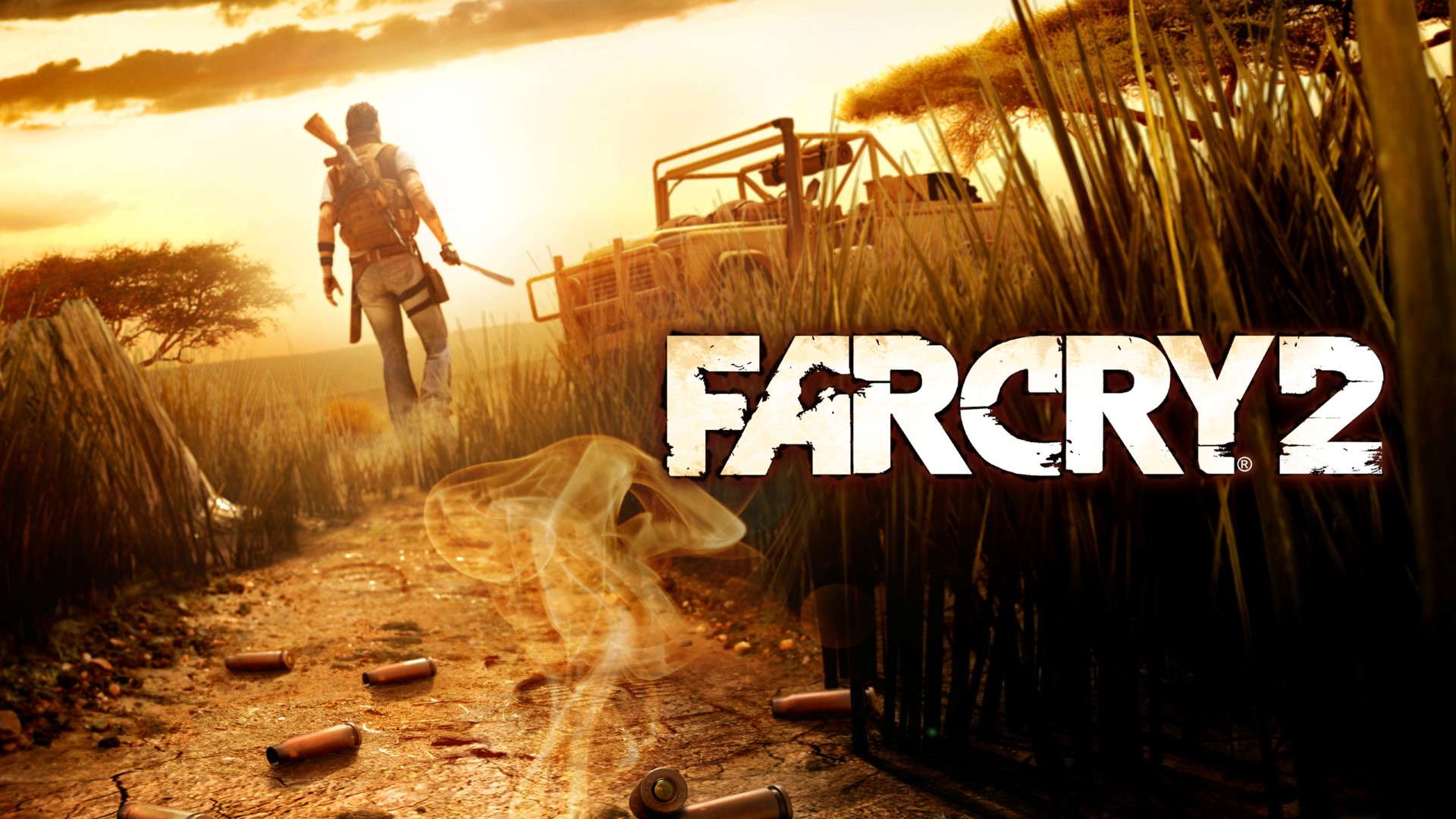Although we continue to call them new technologies, the truth is that some of them are already so old that they could be the mothers of others, or even the grandmothers. One of them is the technology that brought us mobile phones, and so many brands have gone through its history that it’s hard to remember them all. Although some have left more traces than others. This is the case of HTC.
We can’t say that HTC is gone, although she has come close to doing so on occasion, but has seen her activity and influence greatly reduced. We are talking about what was one of the main brands in the market with the birth of Android and which today limits its launches to a few models per year and which we cannot even buy everywhere. So what happened to HTC? Sit down by the fire, children, because I am going to tell you a story.
Back when HTC was doing non-HTC stuff

HTC was born in 1997, more precisely on May 15 of that year, but its first official mobile phone would not arrive until 11 years later. 11 years have passed since the launch of HTC until the HTC Dream was launched in the market, the first mobile with Android on board
During its first years of life, HTC developed all kinds of mobile and wearable devices for other brands. The company was responsible for not some designs of the PDAs already extinct with Windows Mobile for North American and Chinese manufacturers, but also for operators like Orange, Movistar or Vodafone. An agreement with Google led them to decide to launch their own brand. HTC would see the light of day in the eyes of the world with the arrival of the HTC Dream in 2008. As we have already said, the first Android mobile phone on the planet.

The HTC Dream was followed by other cell phones that held an honorable place in the history of mobile telephony. Models like the HTC Hero, with its characteristic trackball to move around the screen, or like the HTC One which he understood before anyone else that the size of the sensors was the key when it came to photography. With it came the UltraPixels, with a very bright camera at the cost of sacrificing resolution.
It was also possible for HTC to continue to support Microsoft’s mobile operating system, the Windows Phone which eventually became Windows Mobile before perishing. And the relationship with Google continued not only because of Android support, but also because HTC made a few models of the older Google Nexus
Fall, sale to Google and a minimal presence with slightly crazy bets

Historical evolution of sales in the mobile market until 2014
Over the years, HTC found itself overtaken by what would eventually become market leaders. Samsung, for example, was one of the global leaders in Android sales almost from its inception and always kept its distance. LG, which has now disappeared from the mobile scene, also overtook HTC for a few steps. Yes the emergence of major Chinese industrialists (Huawei, Xiaomi) ended up swiping HTC off the map.
And while they still had some market presence, albeit small, and the collaboration with Google continued, the deal that would seal HTC’s grave in the mobile world was announced. The team responsible for ‘Powered by HTC’ was sold to Google, which integrated it into its structures to form a new hardware division. said division it ended up curdling in the Google Pixel that we know today

HTC Vive, HTC’s bet in the world of virtual reality
Since this sale, announced in 2017, HTC has maintained some presence in the smartphone market with a few outings from his Desire family from time to time. But being these models manufactured by third parties and sold in the eastern regions. away from the general public. The company has maintained its commitment to mobile phones, seeking to convert its models into secure wallets for cryptocurrencies (like the HTC Exodus or Exodus 1S), with little success so far.
We also cannot forget that this summer they launched a mobile phone thinking of squeezing the metaverse and, again, cryptocurrencies. It got the name HTC Desire 22 Pro and also launched an Android tablet, HTC A101. The brand’s return to these pieces, although already (almost) complete irrelevance.
In other divisions, like virtual reality, HTC has bet heavily on its Vive brand, launching a headset model in 2017 and several after. But the brand has not regained the relevance it had in the past and now survives in a discreet sixth or seventh plane, far from the covers. Sometimes an HTC model reappears in some news and the reaction is usually the same: Is HTC still alive? Yes, but it’s not even a shadow of what it was.









